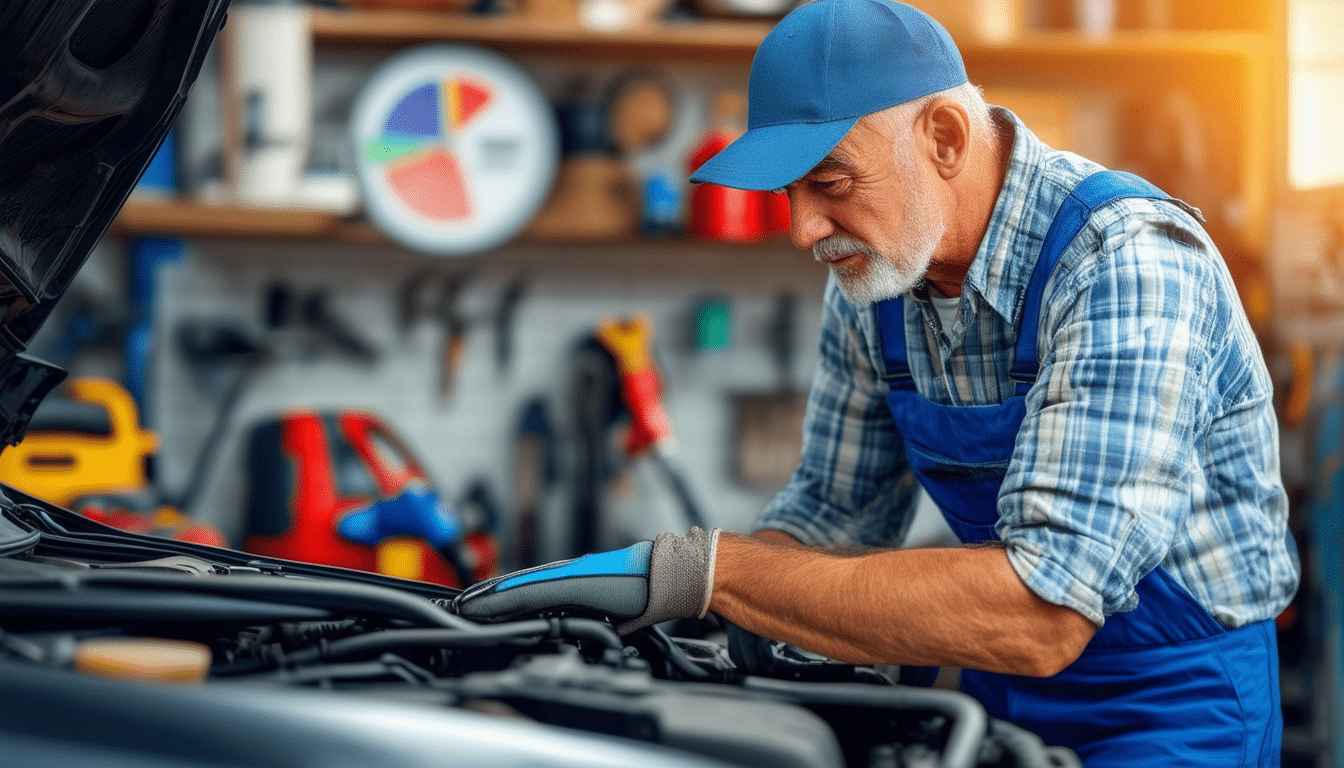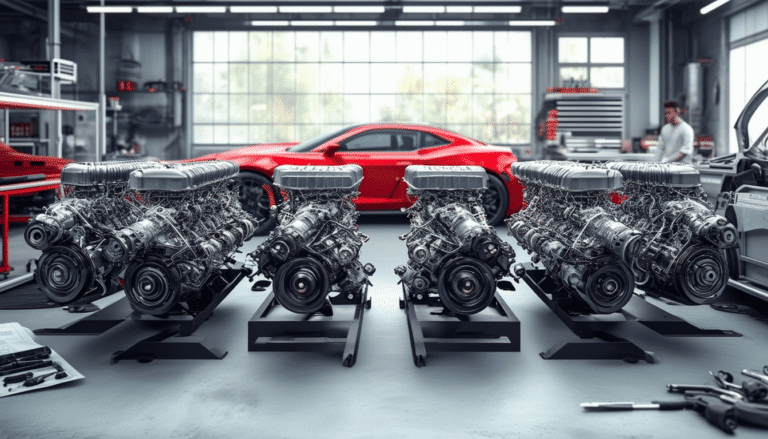The importance of maintenance to optimize fuel consumption

The proper maintenance of a vehicle is essential to ensure an efficient fuel consumption. Numerous factors, such as tire pressure, the condition of the engine, and the load of the car, influence its performance. Through regular inspections and necessary adjustments, one can not only prolong the lifespan of the vehicle but also maximize energy efficiency. Regular service not only prevents major issues but can also result in a significant savings in fuel, thereby improving the economic and environmental impact of vehicle use.
Proper maintenance of vehicles is fundamental to ensure optimal performance and reduce fuel consumption. Through constant care and inspections, efficiency losses that directly impact fuel expenditure can be avoided. This article addresses the relevance of maintenance and how routine care affects fuel economy.
Impact of maintenance on fuel consumption
The lack of maintenance can have a significant effect on fuel consumption. A vehicle that is not subjected to periodic inspections may exhibit mechanical problems that lead to increased gasoline expenditure. For example, clogged filters or leaks in the fuel system can cause the engine to operate inefficiently, increasing consumption.
Optimal engine conditions
One of the most relevant aspects of maintenance is ensuring that the engine operates under optimal conditions. Regular oil changes and replacing filters are crucial to avoid excessive wear that hinders good performance. The application of these care practices can result in savings of up to 20% in fuel.
Periodic inspections and their relevance
It is essential to carry out periodic inspections where various components of the vehicle are evaluated. Checking tire pressure, for instance, is an often underestimated aspect, but low pressure can increase fuel consumption by between 10% and 20%. Therefore, proper maintenance of the inflation system and the condition of the tires not only enhances safety but also the economic efficiency of the vehicle.
Maintenance of the injection system
Maintaining the injection system also plays a decisive role in optimizing fuel consumption. Keeping injectors clean and ensuring that the fuel flow is adequate helps maximize engine efficiency. If the injectors are dirty, they can affect the air-fuel mixture, resulting in higher energy and fuel expenditure.
Advantages of a preventive maintenance program
Implementing a preventive maintenance program not only ensures a vehicle in optimal condition but also provides substantial savings in fuel. This type of maintenance can reduce consumption by avoiding occurrences that generate an increase in expenditure through proper vehicle care.
The role of wear parts
It is important to pay attention to wear parts such as air filters and spark plugs. Replacing them according to the manufacturer’s recommendations ensures that the engine breathes properly and operates smoothly. Moreover, an exhaust system in optimal condition prevents residual gases from accumulating, thereby improving engine efficiency.
Benefits for the environment
Proper maintenance not only benefits the owner in terms of savings but also has an impact on the environment. A vehicle that operates efficiently uses less fuel and, consequently, emits fewer pollutants. This is essential at a time when attention to sustainability is paramount.
Practical maintenance tips
Some practical tips include regular oil checks, monitoring wheel alignment, and using quality fuels. Additionally, aggressive driving should be avoided, as it accelerates component wear and increases fuel consumption. For more information on effective maintenance and savings strategies, you can check these links: Effective tips for saving fuel and Solutions for common car problems.
Conclusion
The importance of maintenance for optimizing fuel consumption is indisputable. By regularly monitoring and ensuring that each component functions correctly, one can avoid unnecessary increases in fuel expenditure. Undoubtedly, a well-maintained vehicle preserves both the driver’s economy and the health of the planet.
The proper maintenance of a vehicle is essential to optimize fuel consumption and ensure efficient performance over time. Many drivers underestimate the relevance of performing regular inspections, but this care not only extends the vehicle’s lifespan but also contributes significantly to reducing fuel expenses.
There are various factors that affect fuel consumption, from proper tire pressure to the correct calibration of the engine. A vehicle that does not receive the proper maintenance may see an increase in its consumption, which can amount to an additional 2% in expenses. This increase, while it may seem minimal, can have a considerable impact on the travel budget over a year.
Performing oil changes and regularly checking air filters are simple actions that can lead to a notable improvement in fuel efficiency. Moreover, it is crucial to ensure that other components, such as the injection system and the exhaust system, are in optimal condition to guarantee smooth and efficient engine operation.
Another aspect to consider is preventive maintenance, which not only helps identify minor problems before they become costly repairs but also ensures that each component of the vehicle functions correctly. This proactive approach is key to avoiding unnecessary gasoline consumption.
In summary, meticulous and regular maintenance of the vehicle is fundamental to maximize energy efficiency and minimize fuel expenditure. Vehicle owners who adopt these habits benefit not only economically but also in terms of safety and environmental sustainability.





